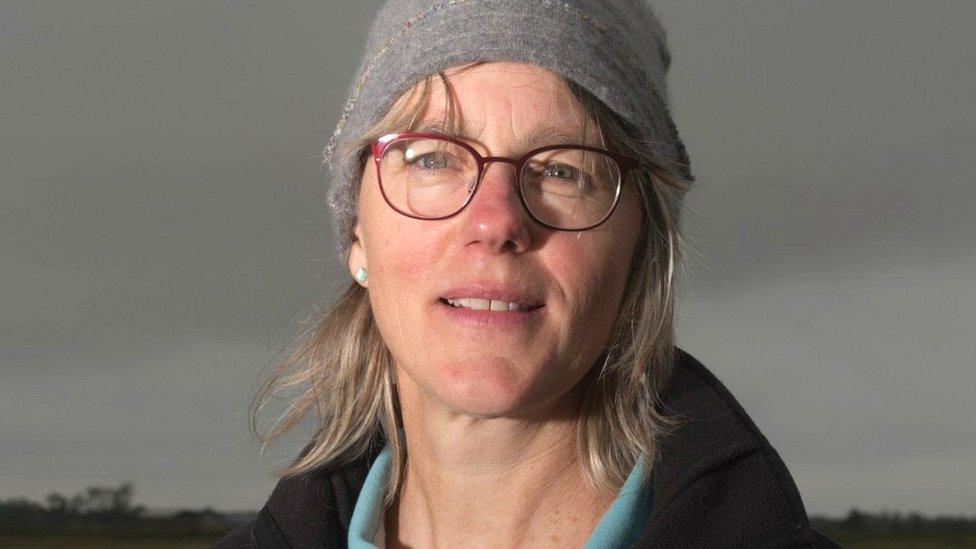Anger over plan to increase toll charges on the Broads
- Published
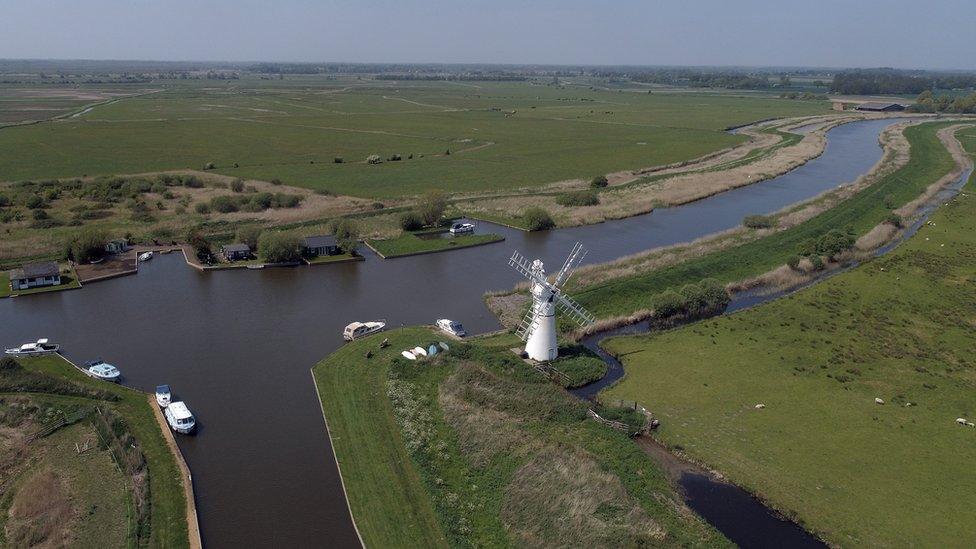
The Broads are a network of more than 125 miles (201km) of lock-free rivers and lakes across Norfolk and Suffolk
A mutiny is brewing on the Broads after boat owners were told they could face a toll increase of more than 10%.
The Broads Authority (BA) said the rise - which follows a 13% hike this year - would protect jobs and retain patrols.
But the proposal has angered some of the authority's own members, who warned it could put some boatyards and hire firms out of business.
Large hire motor boat tolls could rise by £187.68, while large private motor boat charges could increase by £66.12.
The issue has reignited a rift in the organisation, between so-called "navvies" and "parkies".
Navvies were concerned primarily with maintaining navigation and representing boaters, while the parkies were focused on fulfilling the BA's national park obligations, such as conservation and promoting the area.
Authority leaders, who critics have said were aligned with the parkies, insisted a 10.2% increase was necessary to protect services.
But navvies have resisted the rise, claiming boaters were being used to prop up the BA and the increase - which follows a tough year for boatyards, with a drop in the numbers of holidaymakers - was "unsustainable".
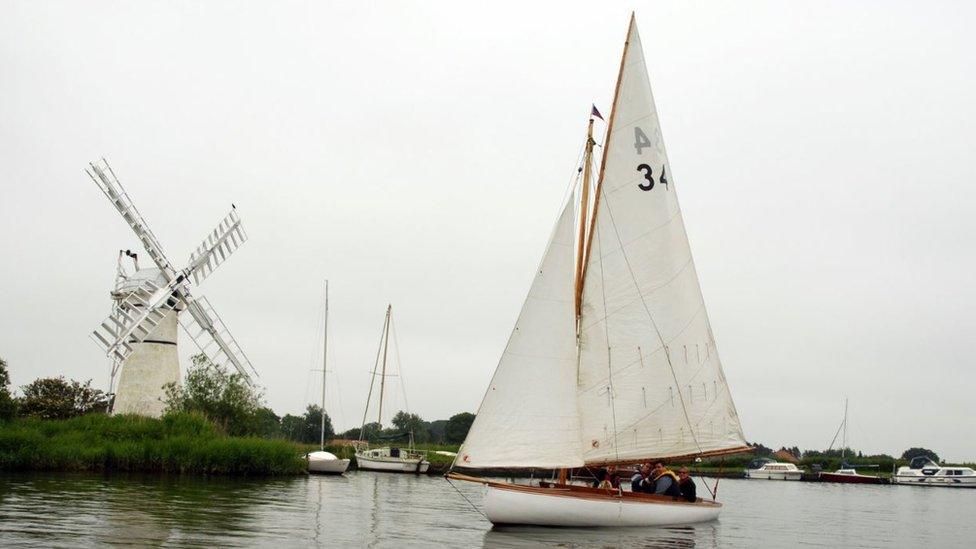
Broads boaters have already contended with a 13% rise in tolls this year
An earlier clash between the two sides over the 13% hike resulted in Environment Minister Trudy Harrison being called in at concerns over how the BA was run.
Following her visit, BA said Ms Harrison left them with the impression that "she believed the authority to be well-run under sound leadership".
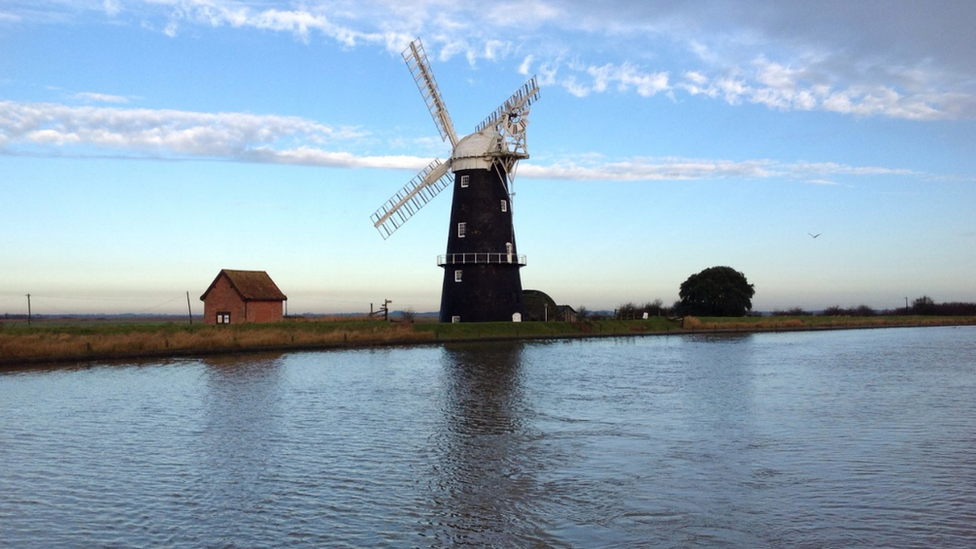
Some members of the Broads Authority itself fear a toll increase could put boatyards out of business
The authority has set out three options for the annual tolls, external. Option A - an increase of 10.2%, would maintain current levels of river patrols and see cash set aside for new equipment, Option B (8.5%) would see patrols kept but no cash set aside - and Option C (6.9%) would see reduced patrols.
Extra river patrols were introduced after a holidaymaker fell from a boat and drowned in Great Yarmouth in 2020.
John Packman, chief executive of the authority, said "almost all" the extra costs were due to inflation, particularly staffing, which accounted for 74% of outgoings.
He said it was looking to make longer term savings, including cutting 60% of office space leased at Yare House.
But at a recent meeting, navigation committee members demanded a minimal rise, and some dismissed the impact of extra patrols.
Remus Sawyerr said: "I think we should encourage both the private and commercial toll payers [to keep using the Broads] by keeping them low.
"There's been a reduction of vessels on the water, so therefore maybe that indicates a lesser need for ranger patrols."
Responding to members, Mr Packman said: "We would have to severely cut back on one of our activities.
"It's tricky and the other thing is that whenever we have surveyed users, they all want more."
Navigation members voted six to four for option C.
The Broads Authority says it will make a final decision on the level of navigation charges when its full committee meets on 24 November.
Under the proposed increases, overall tolls could rise to £57.30 for a small private sailing craft and to £2,028 for the largest weekly-hired boat.

Follow East of England news on Facebook, external, Instagram, external and Twitter, external. Got a story? Email eastofenglandnews@bbc.co.uk, external or WhatsApp us on 0800 169 1830
- Published8 August 2023
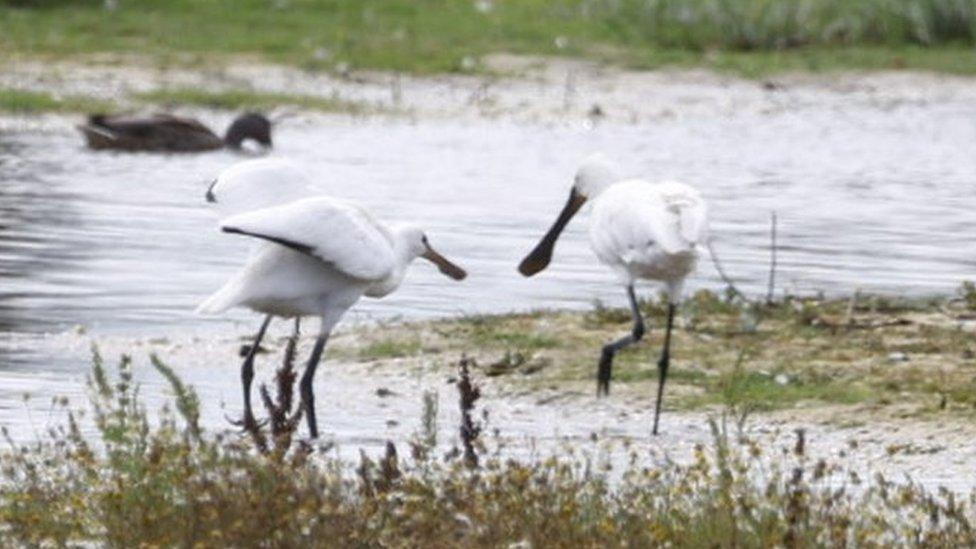
- Published14 January 2023
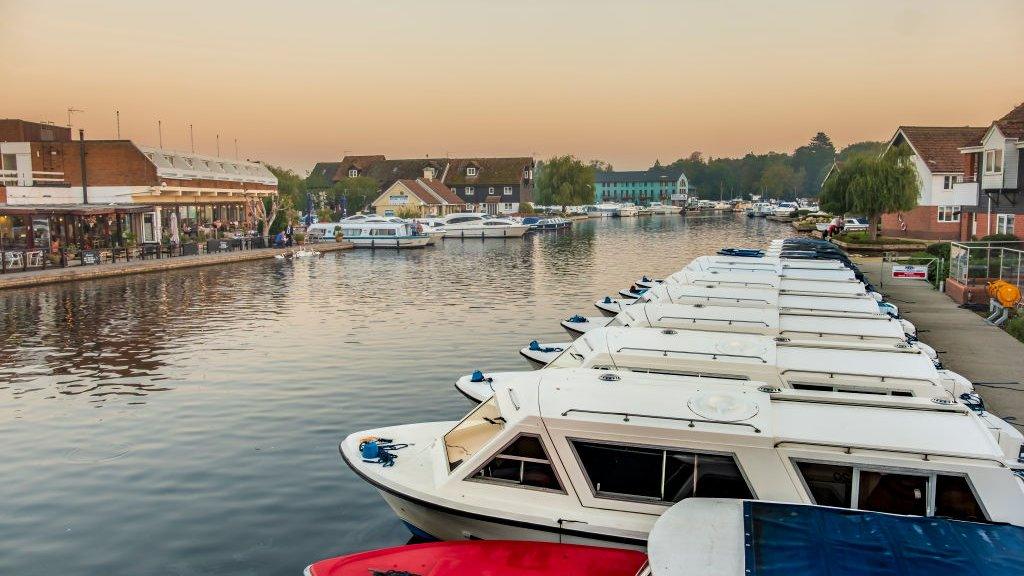
- Published29 November 2022
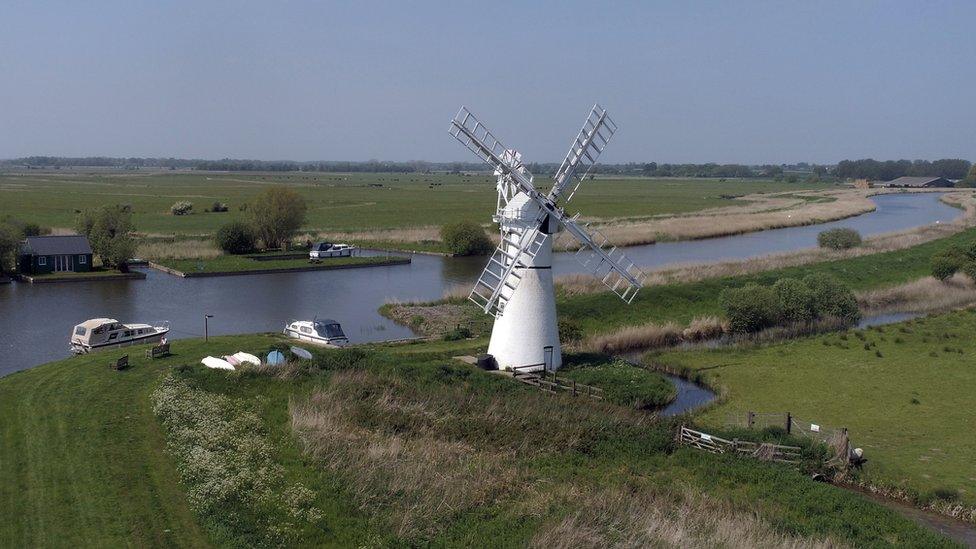
- Published16 November 2022
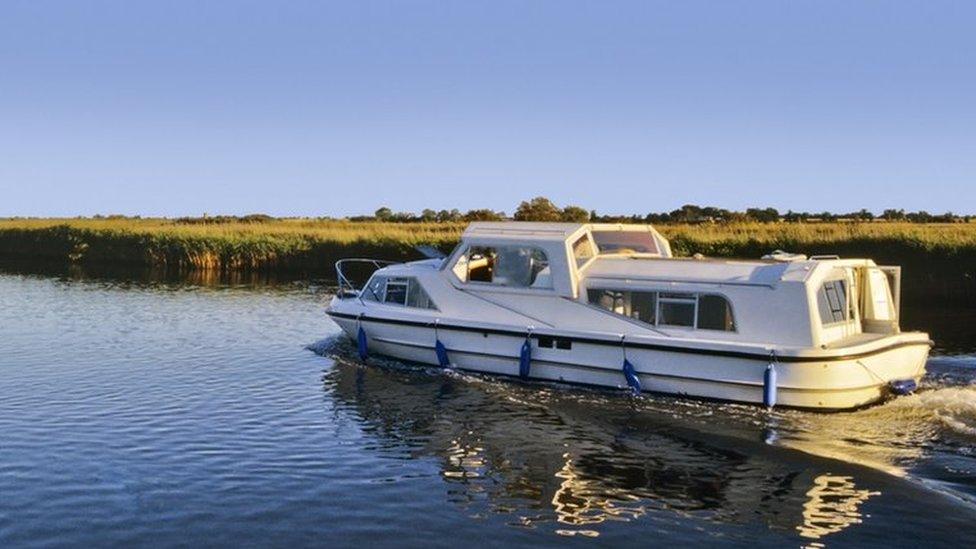
- Published28 October 2021
